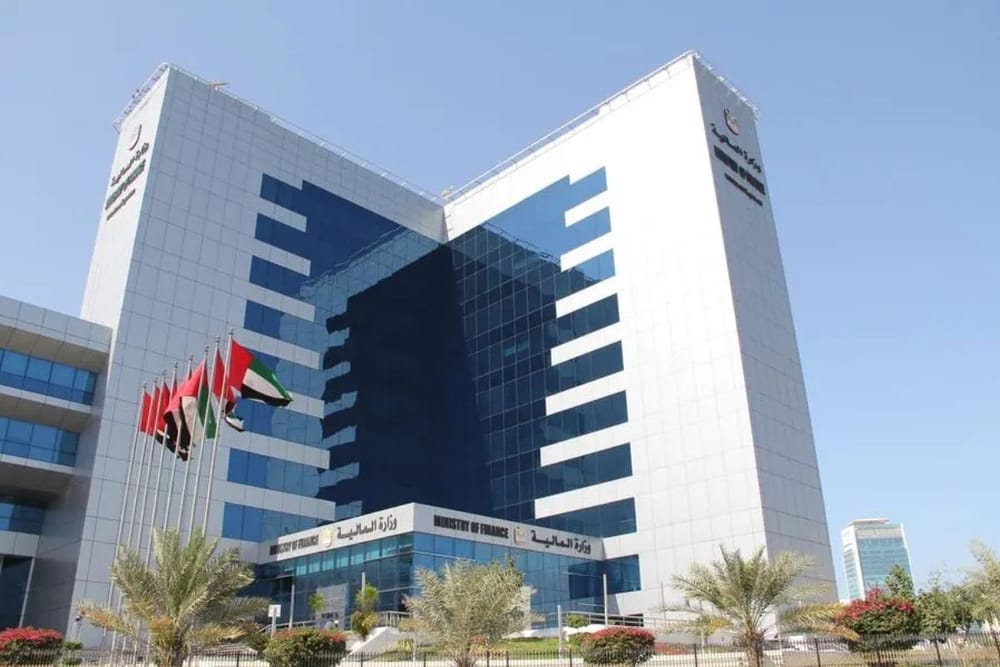The UAE Ministry of Finance (MoF) has issued Federal Decree-Law No. 17 of 2024, amending Federal Decree-Law No. 28 of 2022 on tax procedures, along with Federal Decree-Law No. 16 of 2024, which modifies Federal Decree-Law No. 8 of 2017 concerning Value Added Tax (VAT).
These legislative changes are crucial steps toward implementing the UAE’s eInvoicing system, aiming to streamline tax compliance and boost economic efficiency through digital innovation.
The eInvoicing system is expected to bring substantial benefits to both businesses and government entities by simplifying and automating invoicing processes. Designed with international best practices in mind, the system leverages a decentralised, five-corner model enabling seamless invoice exchange between sellers and buyers via Accredited Service Providers (ASPs). These ASPs will transmit tax invoice data directly to the Federal Tax Authority (FTA), promoting secure and efficient tax compliance.
Federal Decree-Law No. 17 of 2024 introduces the definition of “eInvoicing system,” empowering the MoF to issue implementation guidelines, determine effective dates, and designate entities subject to the new requirements. Similarly, Federal Decree-Law No. 16 of 2024 expands VAT definitions to encompass electronic invoices and credit notes, making VAT refunds contingent on eInvoicing compliance.
The MoF will release further details on implementation timelines and entities subject to eInvoicing in upcoming announcements. Through a phased, well-communicated rollout, the Ministry underscores its commitment to digital transformation, aligning with the UAE’s strategic economic goals and enhancing national economic efficiency.
News Source: Emirates News Agency









